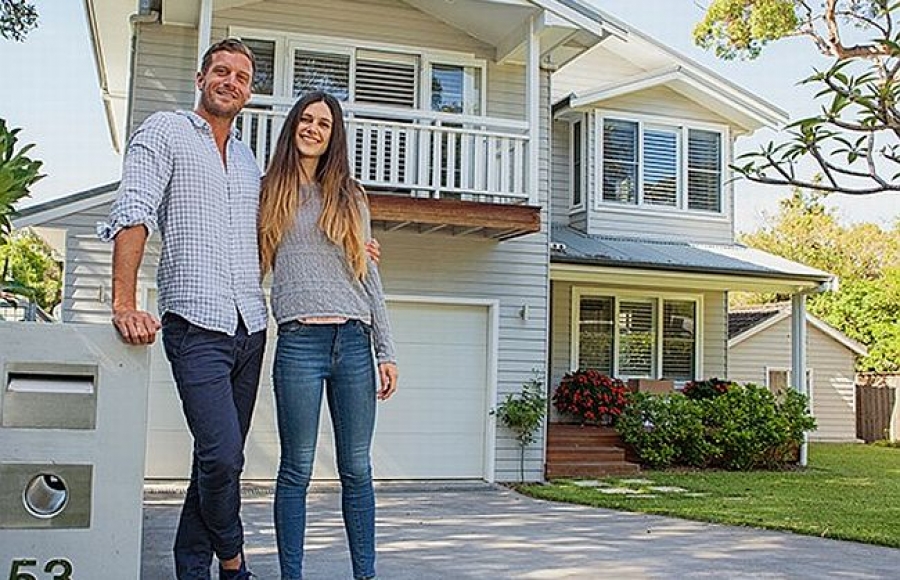A home of your own complete with a white picket fence, the realization of the “American Dream.” If you’re unmarried, though, you might feel this dream is out of your reach. After all, aren’t wedding bells supposed to proceed house hunting? Well, according to recent stats, there are many couples who are reversing the order of things and opting for home ownership before marriage.
Stats on Home Ownership Before Marriage
According to a study by Coldwell Banker, one in four couples, between the ages of 18 and 34 years-of-age bought a house together prior to marriage. Another poll performed by MONEY discovered that 40% of millennials feel it is a good idea to put home ownership before marriage. Perhaps, you agree and would like to realize the American dream of homeownership before saying “I Do.” Read the helpful tips listed below for turning your dream of home ownership into a reality:
Learn Your Credit Scores:
While married couples are often viewed as a single unit, you have the advantage as an unmarried couple to decide which person best fits the home buyer profile. This of course means, which of you has the best credit score and the most assets. You can choose to cosign or own your home jointly if you prefer. Keep in mind, though, that if one of you has a less than stellar credit rating, it could reduce the amount of money you qualify to borrow.
Title Your Home Properly:
There are three main options you can use to title your home as an unmarried couple. They are as follows:
1.Sole Owner: This means one of you is the sole owner, 100% responsible for the debt. The other is not listed on the title at all, thus they have no rights or responsibly regarding the property.
2.Tenants in Common: This means that both of you own the property but in differing amounts. For examples, one partner might own 60%, while the other has 40% ownership. Keep in mind this will prevent your home from transferring in its entirety to a surviving partner should one of you pass away. Instead, the living partner will simply retain their percentage of ownership. To get around this, partners can “Will” their percentage to the other partner to transfer upon their death.
3.Joint Tenant: This gives you equal ownership of the property. If one of you should die, the property will automatically be awarded to the living partner.
Understand That the Debt is Permanent:
If you choose to enter into a joint tenancy arrangement and your relationship ends, you are still both 100% responsible for the outstanding debt. Although you might not want to think about the “what if scenarios,” it’s important for you to choose a home you can afford to pay for on your own. This will also come in handy if your partner becomes ill or loses their job and is unable to contribute financially.
Create a Legal Agreement:
Yes, technically, if you own the property jointly you are already both legally bound to the property. However, this agreement is slightly different. Seek out the help of a lawyer to create a binding agreement that outlines who will be responsible for what aspects of the property. For example, figure out and specify who pays the rent, the taxes, repairs on the home, etc. This will prevent a lot of heartache down the road by getting expectations out in the open from the beginning.
Understand Buying a Home Isn’t Easy:
This article on Angie’s List is super helpful as it talks about everything you have to do before buying a home. It examines the importance of loan qualification, home inspections, and timing when it comes to buying a home for the first time. Read it over if this happens to be your first time entering the home buying process.
Know the Expenses Doesn’t Stop at The Purchase Price:
Home ownership is a grand adventure. One that also comes with many unexpected expenses. Just take a look at the true cost of repairs on Home Advisor for an idea of what you could be facing. However, by in large, the benefits of homeownership far outweigh the problems.
We wish you and your partner happy house hunting as you face this new adventure of home ownership head on!

